Frontpage News (3259)
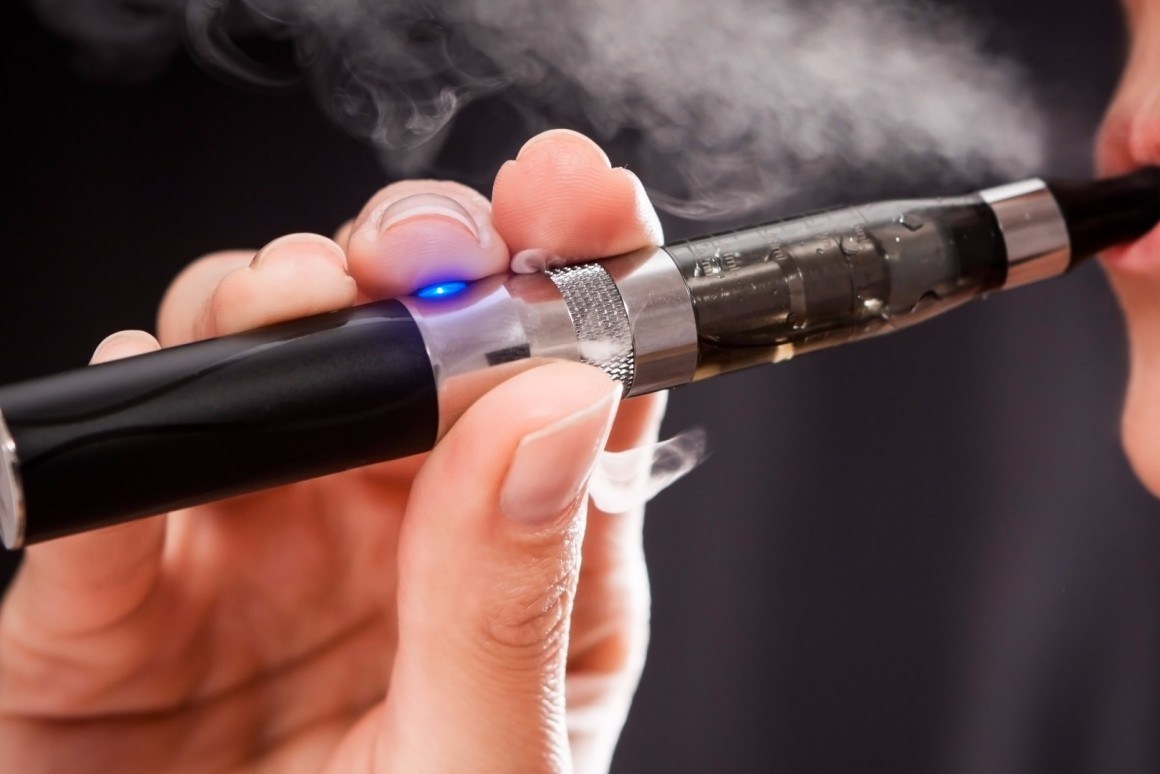 India has banned e-cigarettes because they endanger the health of youths in the country, the Federal Finance Minister, Nirmala Sitharaman, said on Wednesday.
India has banned e-cigarettes because they endanger the health of youths in the country, the Federal Finance Minister, Nirmala Sitharaman, said on Wednesday.
“The federal cabinet has approved an ordinance to ban production, manufacture, import, export, transport, distribution, sales, storage and advertisement of e-cigarettes,’’ Mr Sitharaman said.
Nigeria’s Postgraduate Medical College Laments Exodus of Young Doctors To Other Climes
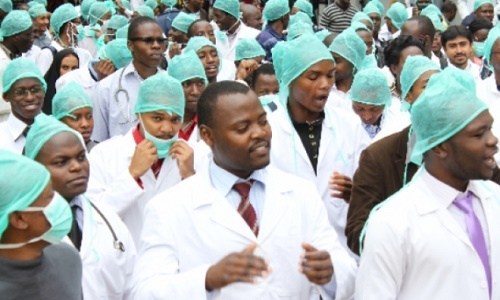 The National Postgraduate Medical College, on Thursday in Abuja, admitted 477 convokes into the fellowship of the college. Da Lilly-Tariah, the president of the college, made this disclosure at the 37 convocation ceremony of the college.
The National Postgraduate Medical College, on Thursday in Abuja, admitted 477 convokes into the fellowship of the college. Da Lilly-Tariah, the president of the college, made this disclosure at the 37 convocation ceremony of the college.
He said the Faculty of Obstetrics and Gynecology had the highest number with 100 convokes while the Faculty of Paediatric and Internal medicine had 59 and 51 respectively.
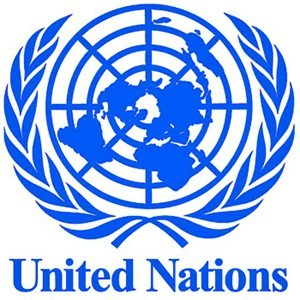 The European Union’s Rule of Law And Anti-Corruption (ROLAC) project, has opened a free Sexual Abuse Referral Centre at Enugwu-Ukwu General Hospital, Njikoka Local Government Area of Anambra.
The European Union’s Rule of Law And Anti-Corruption (ROLAC) project, has opened a free Sexual Abuse Referral Centre at Enugwu-Ukwu General Hospital, Njikoka Local Government Area of Anambra.
Dr Bernadette Uchendu, Director of the centre, said it was opened to offer a proper psychological cushion to rape victims in the state.
WHO urges countries to invest one per cent GDP in primary health care
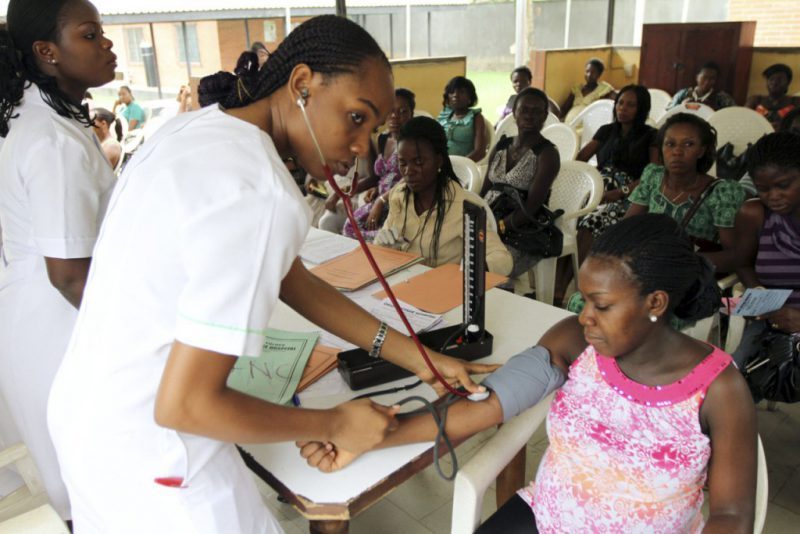 Countries must invest at least one percent of their gross domestic product (GDP) in primary health care development in order to achieve Universal Health Coverage, a new World Health Organisation report has said.
Countries must invest at least one percent of their gross domestic product (GDP) in primary health care development in order to achieve Universal Health Coverage, a new World Health Organisation report has said.
The UN health agency in a statement issued on its website on Sunday ahead of the UN General Assembly high-level meeting on UHC said the world needs to double health coverage between now and 2030, as scores of people currently have no access to health care.
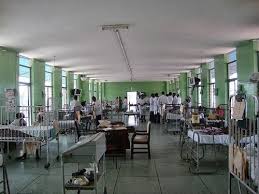 For the past few weeks, the news of the appointment of two health professionals as Ministers of Health and State for Health by the President Muhammadu Buhari has been well celebrated and the reason for that is not far-fetched.
For the past few weeks, the news of the appointment of two health professionals as Ministers of Health and State for Health by the President Muhammadu Buhari has been well celebrated and the reason for that is not far-fetched.
Having two health professionals manning the affairs of the health sector, would help resolve the myriads of challenges ranging from poor funding, brain drain, huge burden of communicable and non communicable diseases (NCDs), population explosion, poverty and high maternal mortality, among others, that are bedevilling the sector, according to stakeholders in the sector.
All Pharmacists Have Key Roles to Play in Pharmacy Evolution- FIP President
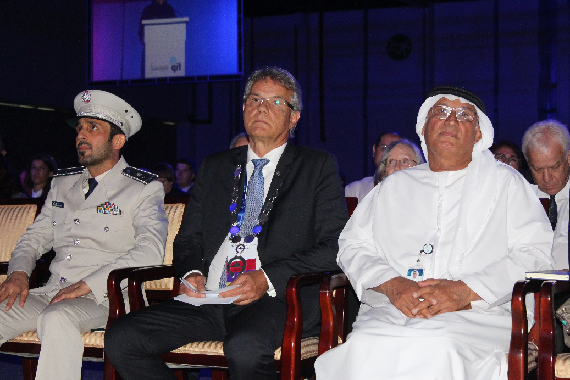 The 21st century will be the century of all pharmacists, as pharmaceutical scientists and educators have key roles to play in the evolution of the Pharmacy Profession, FIP President, Dominique Jordan has said.
The 21st century will be the century of all pharmacists, as pharmaceutical scientists and educators have key roles to play in the evolution of the Pharmacy Profession, FIP President, Dominique Jordan has said.
Speaking at the opening ceremony of the 79th FIP Congress held at ADNEC- Abu Dhabi National Exhibition Centre, Abu Dhabi, United Arab Emirate (UAE) on Sunday, the FIP president noted that pharmacists can have an active role to play in all 10 current threats to global health identified by the World Health Organization (WHO).
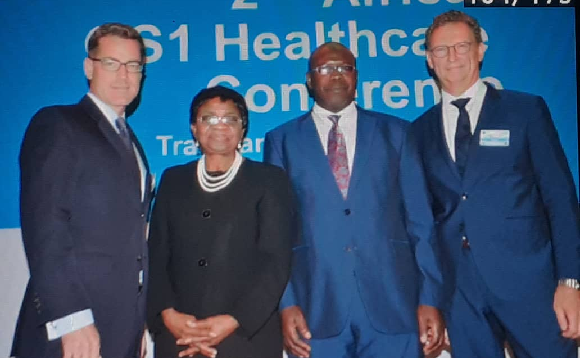 There seems to be an end in sight to the hitherto unstructured drug and medical products distribution system in Nigeria, as the National Agency for Food and Drug, Administration and Control (NAFDAC) is set to introduce a new technology to track fake and substandard drugs, as well as strengthen the drug supply chain in the country.
There seems to be an end in sight to the hitherto unstructured drug and medical products distribution system in Nigeria, as the National Agency for Food and Drug, Administration and Control (NAFDAC) is set to introduce a new technology to track fake and substandard drugs, as well as strengthen the drug supply chain in the country.
The introduction of the new system of tracing and tracking technology is crucial to the reduction in the circulation of fake and substandard medicines in the country, which is presently put at 17 percent, said the NAFDAC Director-General, Prof. Mojisola Adeyeye.
 New research has recently revealed that eating a Mediterranean diet could help older women with high blood pressure and Type 2 diabetes reduce the risk of cardiovascular attacks, strokes and related conditions.
New research has recently revealed that eating a Mediterranean diet could help older women with high blood pressure and Type 2 diabetes reduce the risk of cardiovascular attacks, strokes and related conditions.
According to the recent statistics released from the Federal Ministry of Health, 40 percent of Nigerians suffer from different illnesses like diabetes, stroke, heart attack and mental illnesses. An estimated 30 percent of these patients are likely to die of heart disease, and 16 percent will die of stroke.
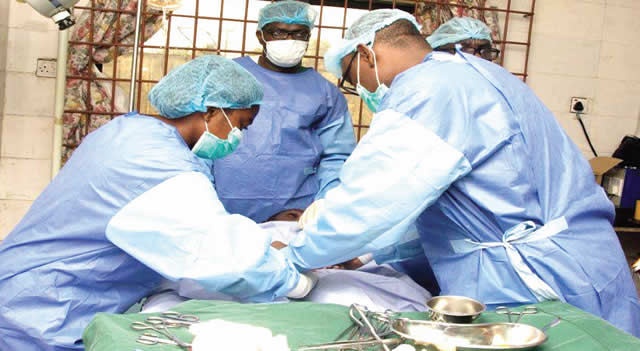 An unspecified number of doctors and dentists is billed to face a tribunal set up by the Medical and Dental Council of Nigeria between September 23 (today) and 27, 2019 over various professional lapses.
An unspecified number of doctors and dentists is billed to face a tribunal set up by the Medical and Dental Council of Nigeria between September 23 (today) and 27, 2019 over various professional lapses.
MDCN is the regulatory body of all medical and alternative medicine practitioners in Nigeria with the mandate to discipline any erring medical practitioner whose actions or in-actions fall short of medical professional ethics.
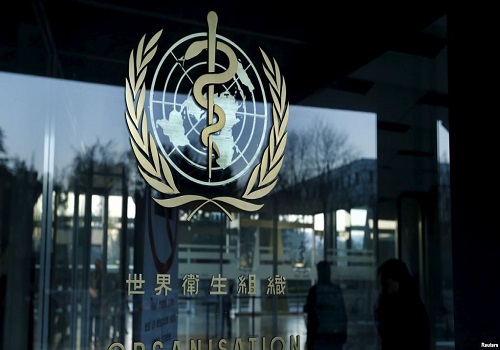 Tanzania has declined to provide detailed information on suspected Ebola cases, the World Health Organization (WHO) said.
Tanzania has declined to provide detailed information on suspected Ebola cases, the World Health Organization (WHO) said.
Despite several requests “to date, clinical data, results of the investigations, possible contacts and potential laboratory tests performed .. have not been communicated to WHO,” the U.N. health agency said in a statement seen by Reuters on Sunday.
More...
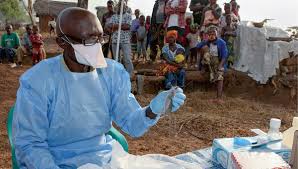 Benue State Commissioner for Health and Human Services, Dr. Sunday Ongbabo, on Monday, disclosed that one person has died of Lassa fever in the state. A statement issued by the commissioner noted that there was one index, adding that the combined surveillance team had already visited the area to comb the place for contract tracing.
Benue State Commissioner for Health and Human Services, Dr. Sunday Ongbabo, on Monday, disclosed that one person has died of Lassa fever in the state. A statement issued by the commissioner noted that there was one index, adding that the combined surveillance team had already visited the area to comb the place for contract tracing.
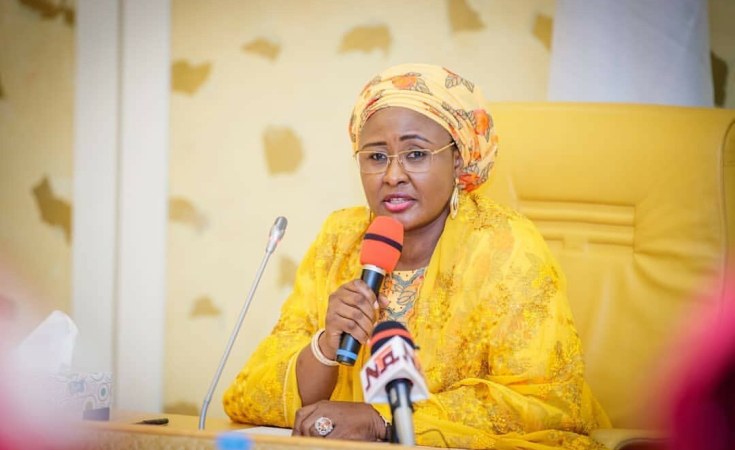 Nigerian First Lady and Global TB Ambassador, Hajiya Aisha Buhari, has called for more funding to fast-track efforts to end tuberculosis (TB).
Nigerian First Lady and Global TB Ambassador, Hajiya Aisha Buhari, has called for more funding to fast-track efforts to end tuberculosis (TB).
The First Lady, who made the call during the UN High-Level Meeting on Tuberculosis at the UN Headquarters, New York on Sunday, 22 September 2019, challenged leaders to increase political commitment and fulfill their promises to increase resources and support effective and sustainable partnerships to end TB.
 The Nigeria Snakebite Research and Intervention Centre, Bayero University Kano (BUK), has trained 50 health workers in Bauchi on how to manage snakebites. Muhammad Hamza, a Consultant Physician with the Centre, made this known while addressing journalists on the objectives of the training in Bauchi on Wednesday.
The Nigeria Snakebite Research and Intervention Centre, Bayero University Kano (BUK), has trained 50 health workers in Bauchi on how to manage snakebites. Muhammad Hamza, a Consultant Physician with the Centre, made this known while addressing journalists on the objectives of the training in Bauchi on Wednesday.
Mr Hamza said the essence of the training was to acquaint the health workers in the state with the knowledge of snakebite management.
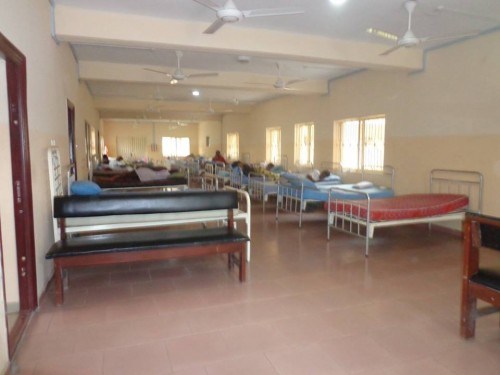 The Chairman of the Lagos Medical Guild, Babajide Saheed, on Tuesday, urged the federal government to declare a state of emergency toward revitalizing the health sector. Mr Saheed made the call during a media briefing in Lagos.
The Chairman of the Lagos Medical Guild, Babajide Saheed, on Tuesday, urged the federal government to declare a state of emergency toward revitalizing the health sector. Mr Saheed made the call during a media briefing in Lagos.
He said 59 years after Nigeria’s independence, its health sector had deteriorated in healthcare delivery, resulting in medical tourism.






